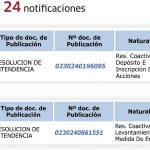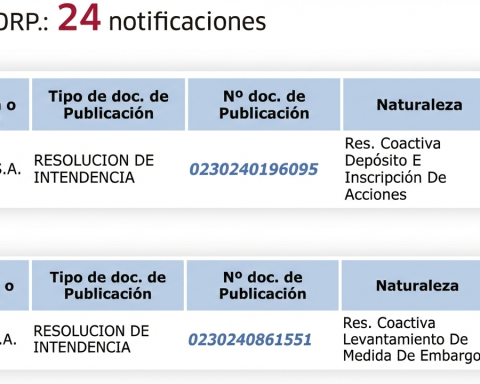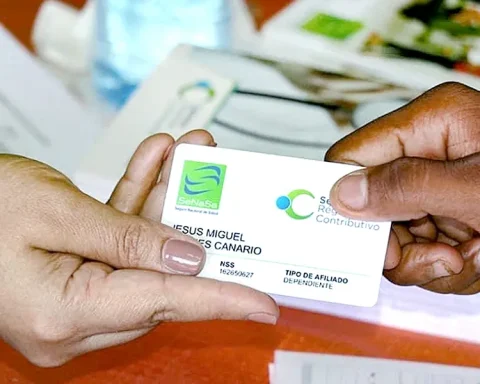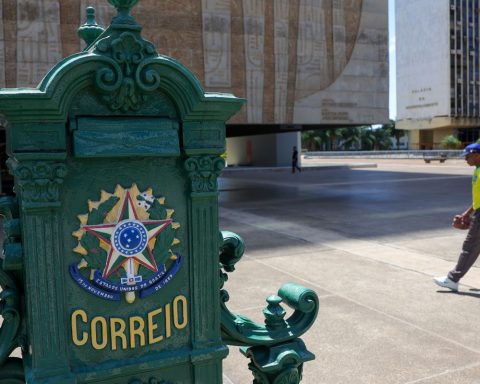AND
n the 2018 electoral campaign, in which Jair Bolsonaro was victorious, the political use of religious discourse and the resource of electoralizing evangelical theology was an unexpected novelty. It perplexed analysts and political actors. Today things are different. Lula has known how to equip the attacks of the conservative Pentecostal churches, such as the powerful Universal Church of the Kingdom of God.
The emphasis is the affirmation of the glorious supremacy of God, above all. It is a dangerous statement. As well as the theological connection with exacerbated patriotism: the homeland, above all. The biblical verses that are used are isolated from their context. But they impress evangelical audiences who support the official candidate’s claims and disqualify Lula’s party as the Party of Darkness
. Bolsonaro is good while Lula embodies evil.
The Brazilian electoral process has been polarized. The religious too. Bolsonaro, down in the polls, has sought to gain a foothold among evangelicals. He wants to turn this election into a religious war. Many speculate the opinion that Luiz Inácio Lula da Silva is supported by Catholics and Jair Bolsonaro by evangelicals. This assertion is false because the religious blocs are very heterogeneous. Conservative Catholics support Bolsonaro as passionately as his evangelical peers. On the other hand, in the evangelical field, poor sectors yearn for Lula’s administration from 2003 to 2010, during which they were able to buy food and have purchasing power. Case studies show that moderate evangelicals consider that Bolsonaro used them and that he is not a true Christian, as his refusal to protect public health during the coronavirus pandemic would indicate.
The Datafolha institute establishes that 50 percent of Brazilians, about 105 million people, declare themselves Catholic. The number is significant, but much lower than it was a few decades ago: in 1970, Catholics were 90 percent of the population. Instead, evangelicals now number 28 percent, 61 million people, up from 5 percent in the 1970s. Their growth has been remarkable. By some projections, they could outnumber Catholics in the country by the 2040s.
The dirty war has camped Influential politicians and evangelical pastors warned their congregations, through Facebook and in pulpits, that Lula would close Christian churches. Affirmation that the center-leftist leader immediately denied. In the networks, the I like it
to distance the evangelicals from Lula.
The religious discourse of Brazilian conservative Pentecostalism is worrying. There are incitements to violence and promises to arm the population and militarize schools. Discriminatory statements are heard in relation to various segments of the population: against blacks and their African-American religions. Against the rights of women and LGBT. People speak contemptuously of human rights and of the hard-won gains made by humanity and specifically by Brazilians over the decades.
We must not forget that Lula, of very humble origins, was educated by the Catholic Church. He was part of and was a leader of the operational pastoral in São Paulo. He had the support, then, of Cardinal Paulo Evaristo Arns, who supported and defended him in the emblematic metallurgical strike of the ABC corridor in 1979, in Sao Paulo. The event turned him into a public figure of opposition to the then military dictatorship. Lula formed the Workers’ Party (PT) welcoming progressive Catholics of that time. Especially members and pastoral agents of the thousands of base communities. As president, Lula integrated distinguished Catholics into his cabinet. Frei Betto stands out and especially Herbert de Souza, the famous Betinho who spearheaded the ambitious and emblematic project called Zero Hunger
.
Lula, who comes from very low socially, has expressed that his accession to the presidency was proof of the existence of God, but he did not delve into his spirituality. She stated that she intends to treat all religions equally, including Afro-Brazilians, ignoring religious rivalries and everything that could be seen as a religious war. With a lay breath she said: I learned that the State should not interfere with religion, that it should not have a church. It must guarantee the functioning and freedom of all the churches that people want to create
.
The survey of the most recent Ipec survey shows that Lula has 52 percent among Catholics against 26 percent for Bolsonaro. The current president, on the other hand, has the support of almost 50 percent of evangelicals, according to a Datafolha poll after October 2. And Lula has 32 percent evangelical acceptance. Regarding atheists and agnostics, the former president consolidates 54 percent of voting intentions, compared to 22 percent for Bolsonaro.
The underlying question is not whether religion politicizes the process. They are the Pentecostal fundamentalisms and the Catholic conservatism that use and manipulate the religious to support their projects. Just as they manipulate faith and theology to disqualify and justify the war dirty.
Finally, I want to quote Luiz Alberto Gomes de Souza, a Brazilian thinker who recently passed away, friend and teacher, who reflected on these issues, thus: It is imperative to overcome the collapse of our political system because we have a common commitment to democracy. With freedom, plural coexistence. And we believe in Brazil. A Brazil made up of all its citizens, ethical, peaceful, dynamic, free of intolerance, prejudice and discrimination
.


















